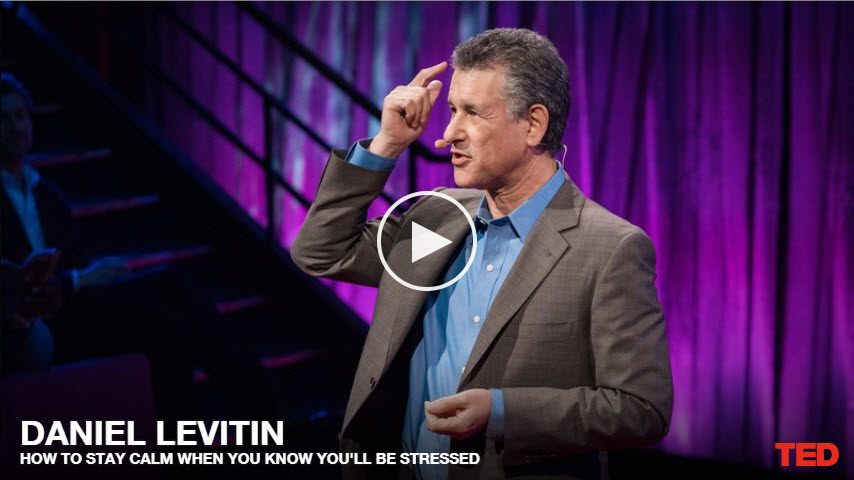
Software Advice Names ATS OnDemand in FrontRunners Quadrant for Applicant Tracking Software
February 28, 2018
NEW: “Easy Apply” Application Released!
March 23, 2018“Pre-mortem allows us to stop fearing failure and start focusing on how we can prevent it from happening.”
You are not alone. No matter the years of experience, qualifications, or skill set, everyone has felt stress and anxiety relating to an impending job interview. Interviews are notorious for conjuring feelings of distress that can affect the mind and physical body. When the stress hormone cortisol is released into the brain, common affects include increased adrenaline levels, heart rate, and possible clouded judgement and thinking. Clouded thoughts can lead to incoherent speech or cause a person to “go blank” after a simple question is asked; often a common fear associated to job interviews. “Pre-mortem” is a term that could help those looking to decrease the chances of fears becoming a reality using a few simple strategies.
The Pre-mortem method, also known as “prospective hindsight,” is a strategy that can help reduce risk or stress prior to an event. This technique analyzes all things that could go wrong in an attempt to minimize or completely dissolve the risk in the future. Job candidates can use pre-mortem to identify sources of anxiety related to job interviews and prepare for certain questions and scenarios that would reduce negative experiences. Borrowing some key points from the article, “Pre-Mortem: An Effective Tool To Avoid Failure,” here are some ways candidates can use pre-mortem to sort through stress and increase the chances of a successful interview:
- Think: what’s the worst that can happen? Realistically speaking, what is the worst that can happen during an interview?
- Reasons for failure: Jot down factors that lead to failure (unprepared, fear of public speaking, neglecting summary of personal skills, etc)
- Brainstorm for solutions: Preparation and practice could be all that is needed to find the solutions to interview stress. Consulting with friends, family, and mentors to discuss weak points, or even evaluating the self to identify weaknesses could change a person’s entire level of thinking for the better.
“How to stay calm when you know you’ll be stressed”
The following TED Talk features Neuroscientist Daniel Levitin who breaks down the affects of stress on the brain and body and discusses the pre-mortem method.




